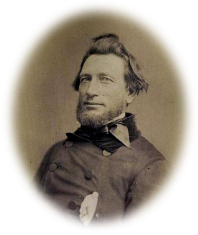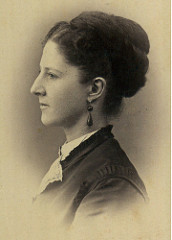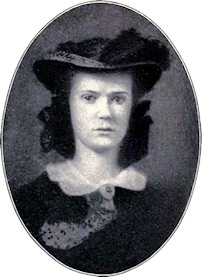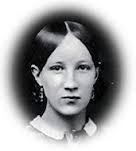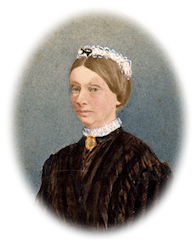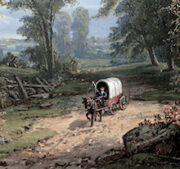15th.–”How brightly breaks the morning!” clear and beautiful. What of the passions and ambitions of the hosts marshalled in hostile array to each other? Oh that they were calm and unspotted as the bright sun which shines on them and lights their way to this wholesale and legitimate murder. I have been a backwoodsman; have lain concealed, and by false calls have lured the wary turkey within range of the deadly rifle. I have climbed the forest tree, and from this ambush have watched the cautious deer as he came at hot summer eve to lave his sides and slake his thirst at the bubbling spring, and have slaughtered him in the midst of his enjoyment. I have lain behind the precipice to surprise the wily wolf, as in hot pursuit of his intended victim he became rash and incautious, and by a shot I have arrested his life current and his chase. But never have I planned with half the care with which man here decoys and plans against the life of his fellow man, or felt half the pleasure at my success as do our men of God, when, at their nightly prayers, they in the same breath thank that God for the murders we have been permitted to perpetrate–the misery to inflict–and ask for peace on earth, and good will to man.
‘Tis 10 o’clock, and no action has commenced. Has there been some change in the rebel positions since yesterday to delay us, or did I judge rightly when I supposed that the public promises of a fight to-day were made to deceive the enemy, not doubting that some traitor or deserter would manage to get the word into their lines?
Orders have come to send our wounded to the other side of the river, and now at 12 o’clock a city of hospital tents is being built up on the plain about a mile further back, but in full view, because we are too near to the expected scene of action. But why, if we expected a fight to-day, was this not done yesterday? It looks very like a ruse of some kind. I do not quite understand it, but something’s in the wind. I have been gratified to find, in my rounds to-day, that my patients seem to be doing so well.
Having sent all the wounded to the rear, at half-past 2 o’clock the surgeons received orders to evacuate immediately , the premises we had so busily and so bloodily occupied, and to “re-cross the river.” This order being rather indefinite, I took occasion when across to select my whereabouts, so I rode up to a point opposite to Fredericksburg, which I found that our troops had saved from entire destruction by extinguishing the fire when the enemy evacuated it, I there found General Sumner’s troops in full possession, and heard that General Lee had this morning given us notice to leave it in six hours, (improbable.) Whether true or not, he had just commenced shelling the city, but, during the half hour that I watched proceedings, with very little effect. I then hunted up the new locality of our hospital, where I now sit, and where I wait for “our misguided brothers” on the other side to send me work to do.
9 P. M.–Night has come, without any important action during the day. I have just received intelligence that our troops are recrossing the river in force! Can it be that we are retreating! Is this the key to the apparent indiseretion of our Commanders, in proclaiming from the house tops, preparations for a battle? If so, it is a shrewd move. I do not like the idea of falling back. However, if we have become satisfied that we cannot force the enemy’s position, nor draw them on to the plain, ’tis better to withdraw and try some other plan, than to sacrifice our men in a struggle where it is evident we must lose. The whispers of two days ago, that there is disaffection, or defection amongst the officers, is swelling into murmurs, and I confess my fear that it is not without reason. At two points, to my knowledge, during the hard day’s fight, the enemy was dislodged from his entrenchments, yet we almost immediately withdrew and permitted him to repossess them. Why?But there is a story current, that General Jackson (Stonewall) made an attempt to cross to our side to-day, and that it is only General Smith’s corps of our army that is recrossing, to guard against any possibility of his success, should he attempt it again.
